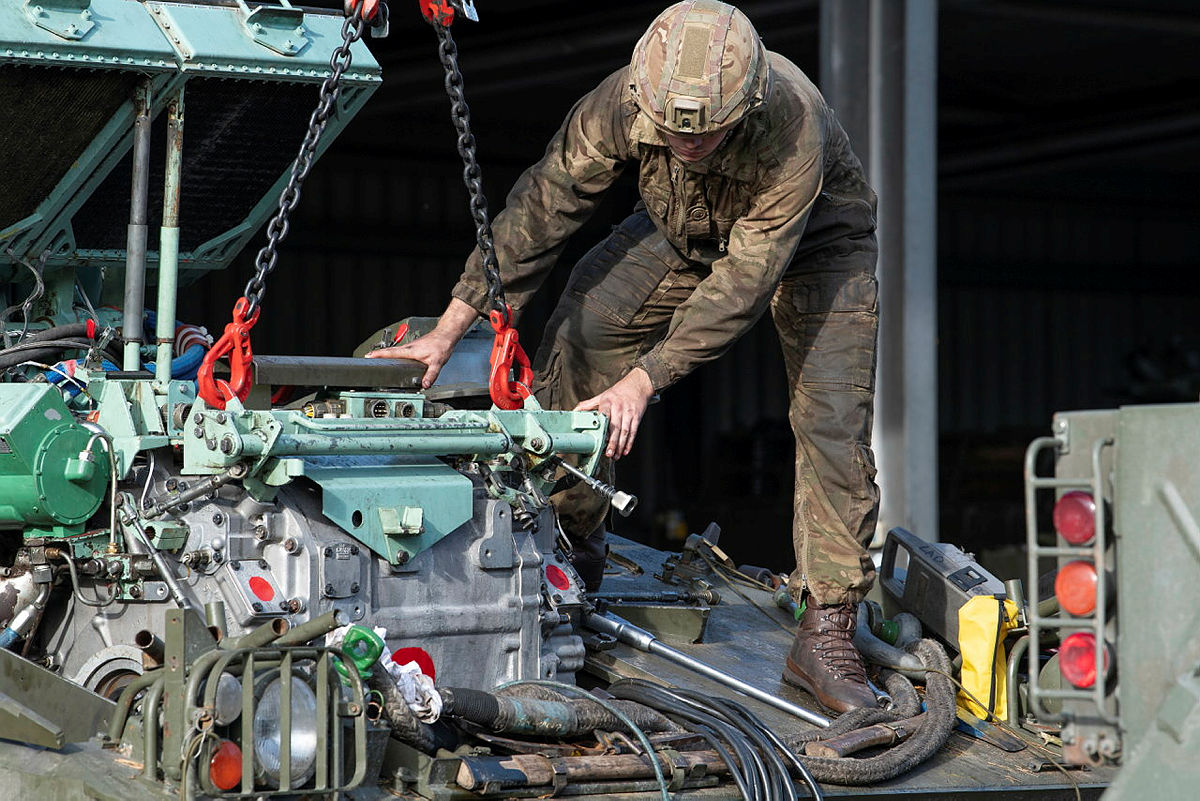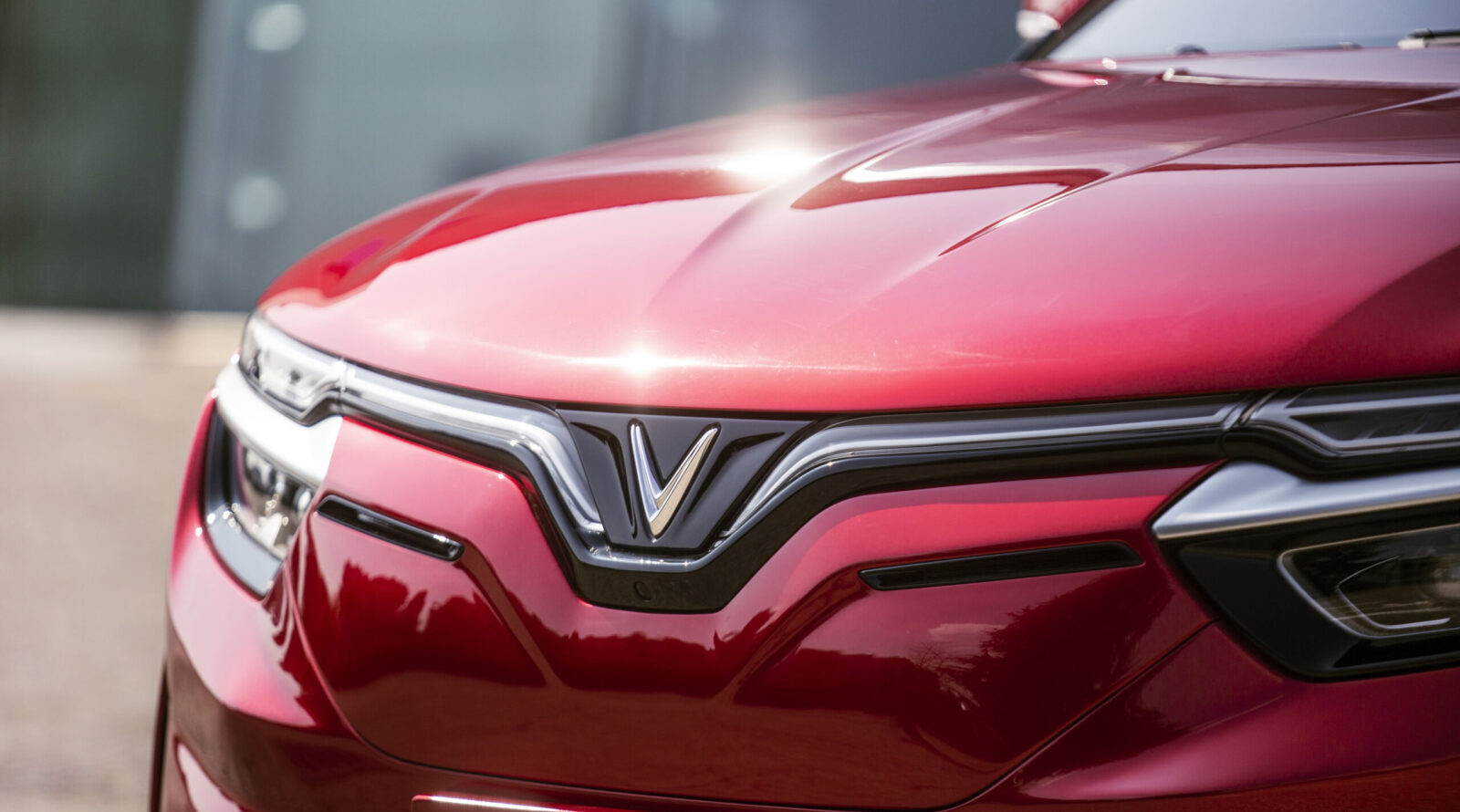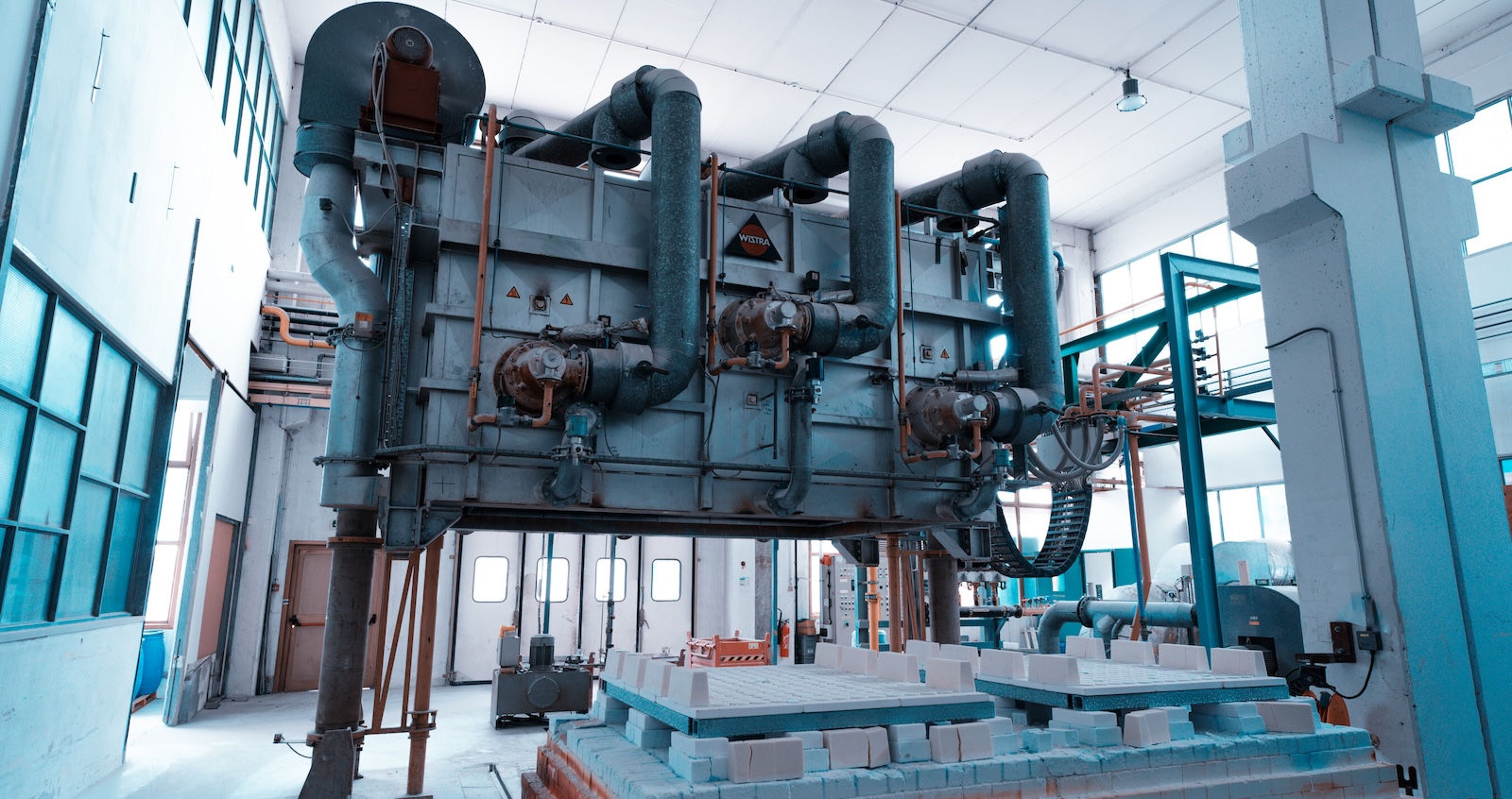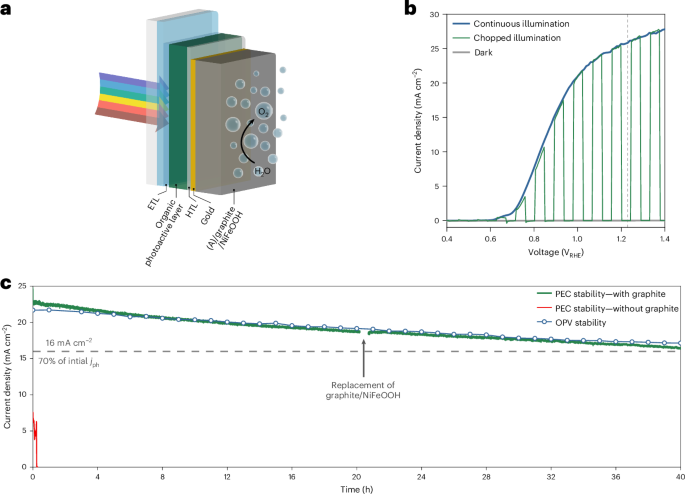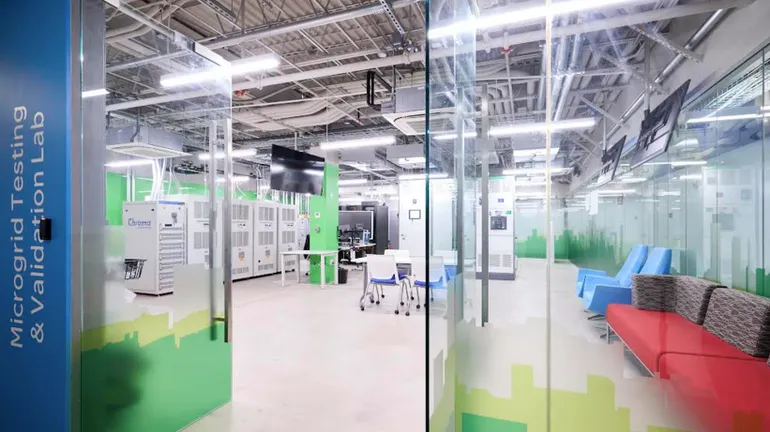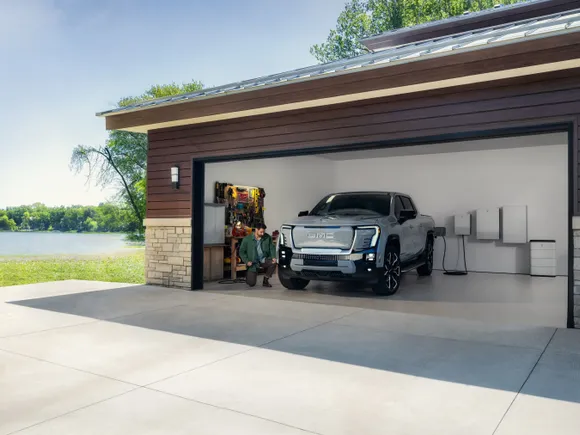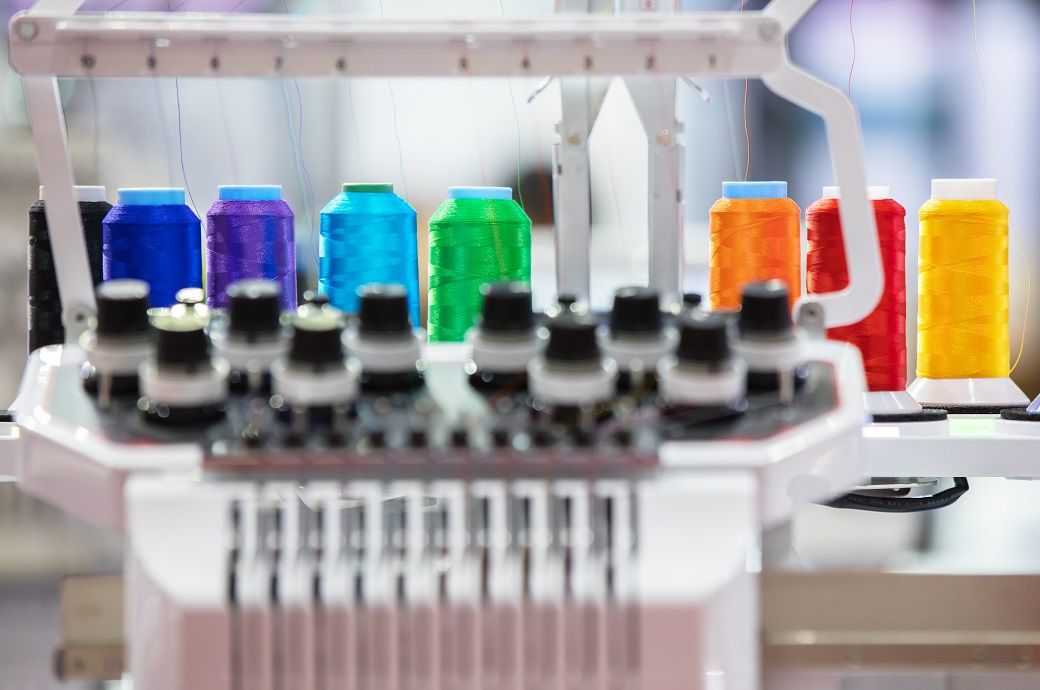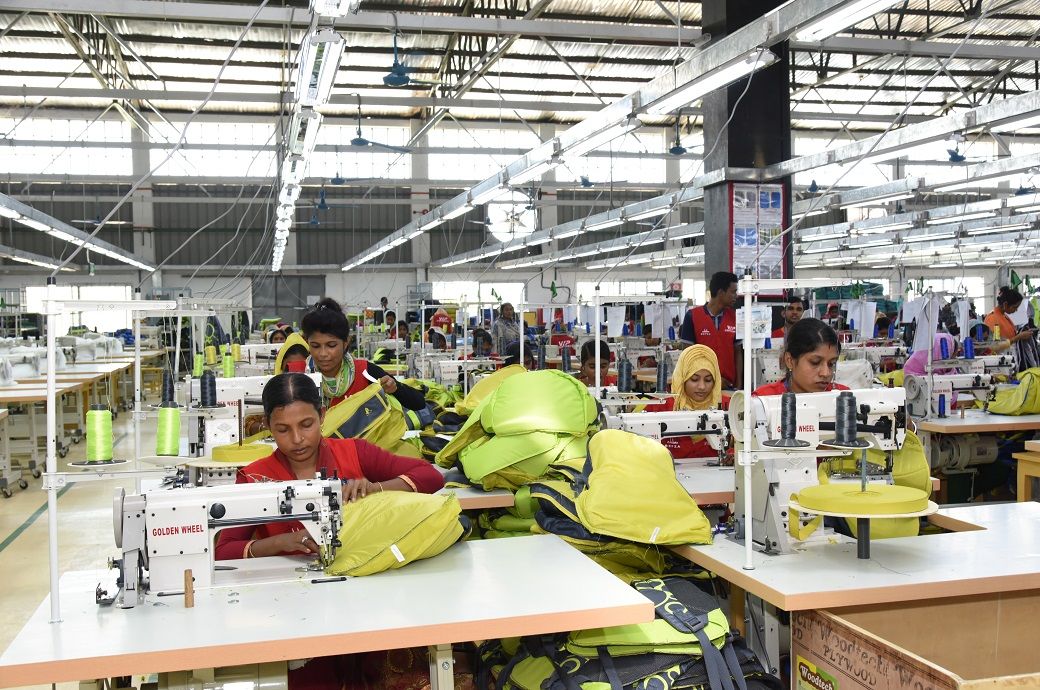Toyota and SSAB produce next generation equipment
Toyota Material Handling Europe and SSAB have entered a fossil-free partnership, and their cooperation makes the company the first material handling equipment manufacturer using SSAB Zero™. The company secured the delivery of SSAB Zero™ steels, which it will use to produce the forks and frames for hand pallet trucks this spring. The quality and properties [...] The post Toyota and SSAB produce next generation equipment first appeared on Warehouse & Logistics News.

Toyota Material Handling Europe and SSAB have entered a fossil-free partnership, and their cooperation makes the company the first material handling equipment manufacturer using SSAB Zero . The company secured the delivery of SSAB Zero
. The company secured the delivery of SSAB Zero steels, which it will use to produce the forks and frames for hand pallet trucks this spring. The quality and properties of SSAB Zero
steels, which it will use to produce the forks and frames for hand pallet trucks this spring. The quality and properties of SSAB Zero steel are the same as those of SSAB´s conventional steel.
steel are the same as those of SSAB´s conventional steel.

“We aim to be a leader in the sustainable transformation of our value chain and are building a resilient supply chain together with our suppliers,” says Giorgio Polonio, VP Purchasing, Supply at Toyota Material Handling Europe.
“We are happy to work with Toyota in producing the next generation of material handling equipment with a lower carbon footprint. Toyota Material Handling Europe has been our customer via our subsidiary, Tibnor, for over 20 years, and we are ramping up our collaboration based on our mutual trust and common goal of a fossil-free future,” says Tony Harris, Head of SSAB Europe.
In early 2024, SBTi validated Toyota Material Handling Europe’s near- and long-term science-based targets, aimed at reaching net-zero by no later than the end of 2041. The Science Based Targets initiative (SBTi) provides a clearly defined pathway for companies to reduce greenhouse gas emissions to prevent the worst effects of climate change, and supports ambitions to limit global warming to 1.5°C.
As part of its net zero efforts, the company will be ramping up the use of recycled steel produced with fossil-free electricity and biogas, which will reduce the carbon footprint of raw materials used in their trucks. Toyota Material Handling Europe aims at making low-carbon steel the standard for their products, starting with the most popular models of our hand pallet truck range.
Cooperation with SSAB ensures Toyota Material Handling Europe can reduce the carbon footprint of the raw materials used in their products. Toyota Material Handling Europe is the first in the industry to include low carbon recycled steel as standard in a product family, starting with the most popular models of hand pallet trucks.
The material in the forks and frame of the high-volume product LHM230 are to be replaced by SSAB Zero which has a 77% reduction of CO2 compared to iron-ore based steel, considering the entire value chain. This initiative is an important step to reduce material emissions and contributes towards Toyota Material Handling Europe’s net zero targets by fiscal year 2041.The post Toyota and SSAB produce next generation equipment first appeared on Warehouse & Logistics News.
which has a 77% reduction of CO2 compared to iron-ore based steel, considering the entire value chain. This initiative is an important step to reduce material emissions and contributes towards Toyota Material Handling Europe’s net zero targets by fiscal year 2041.The post Toyota and SSAB produce next generation equipment first appeared on Warehouse & Logistics News.












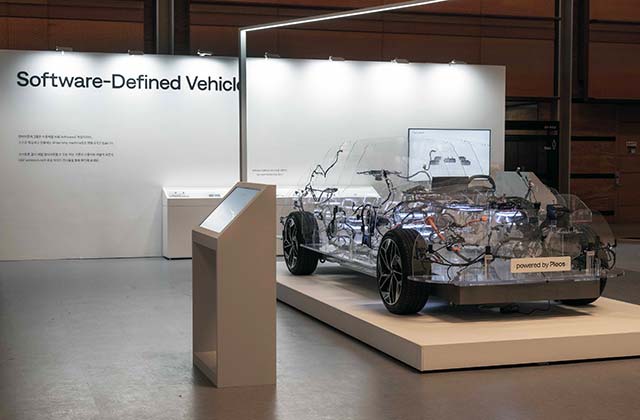






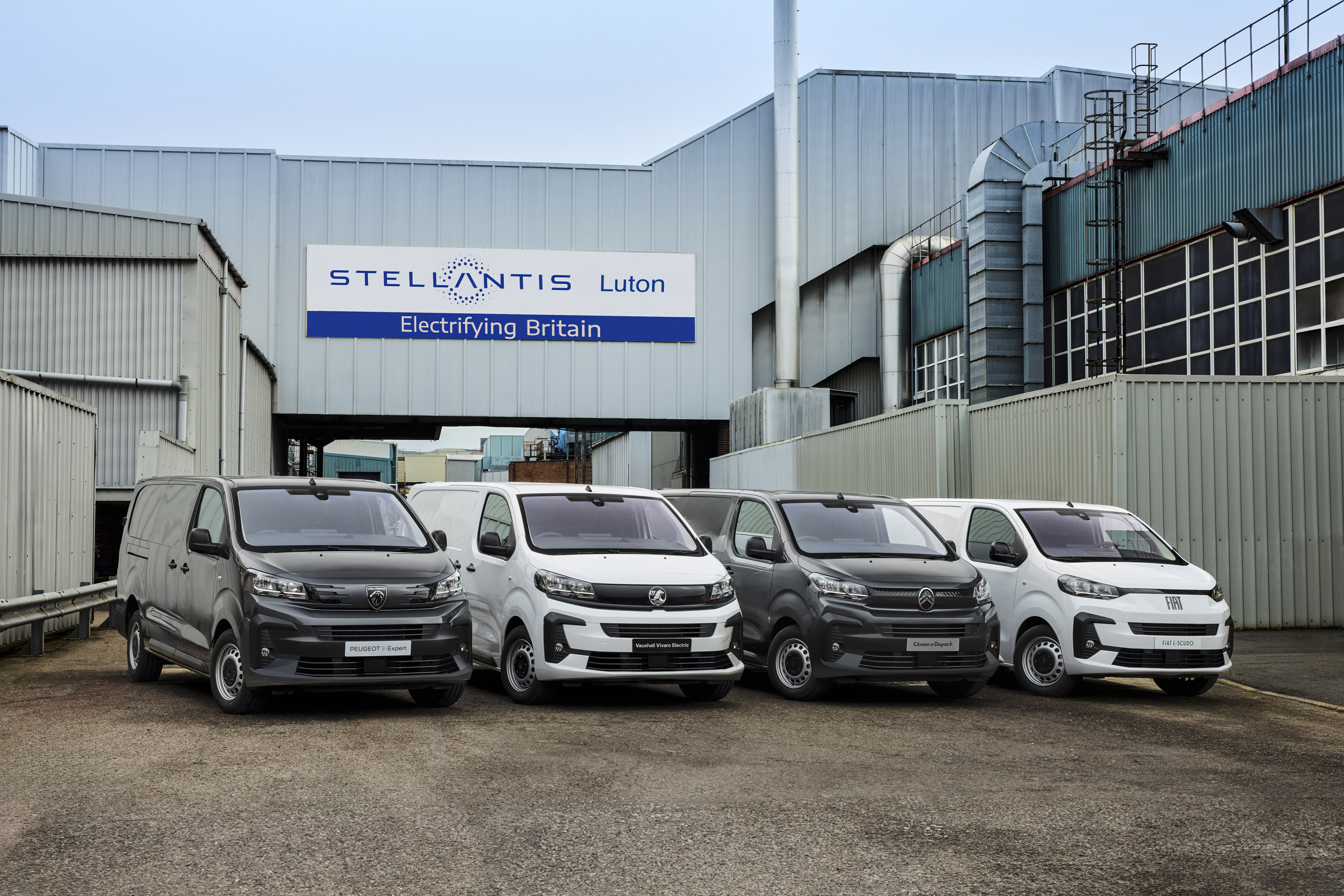













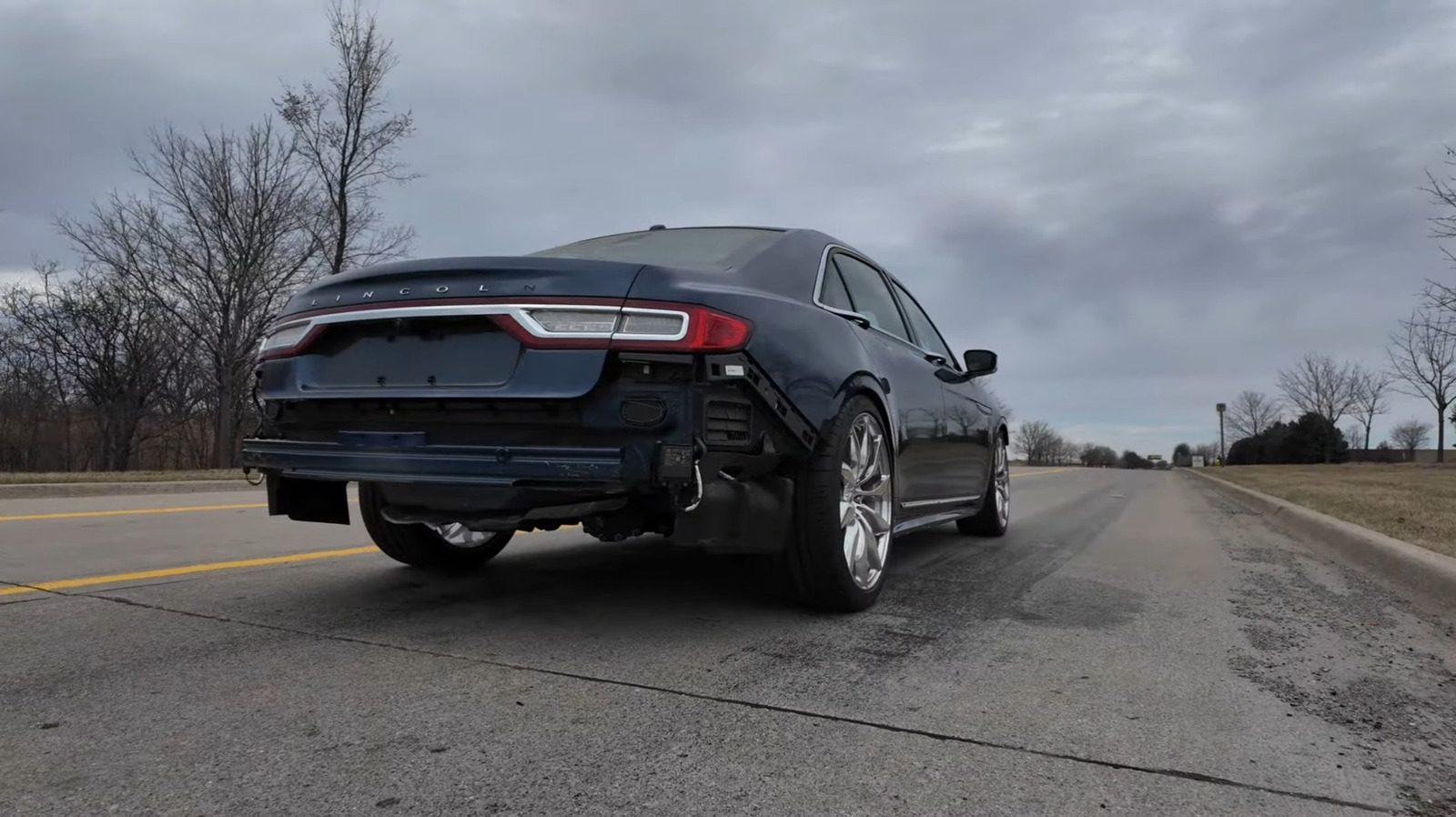
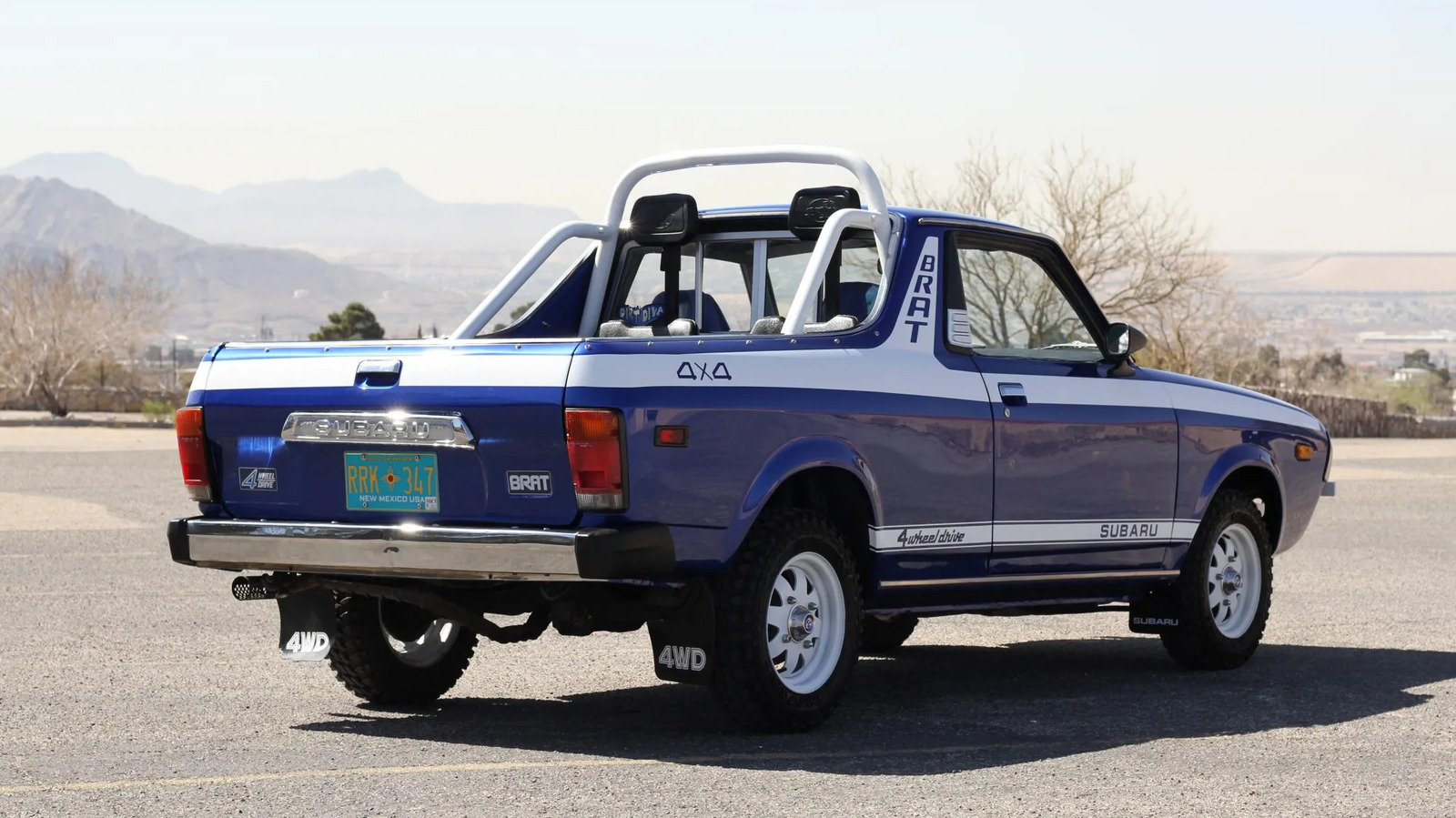























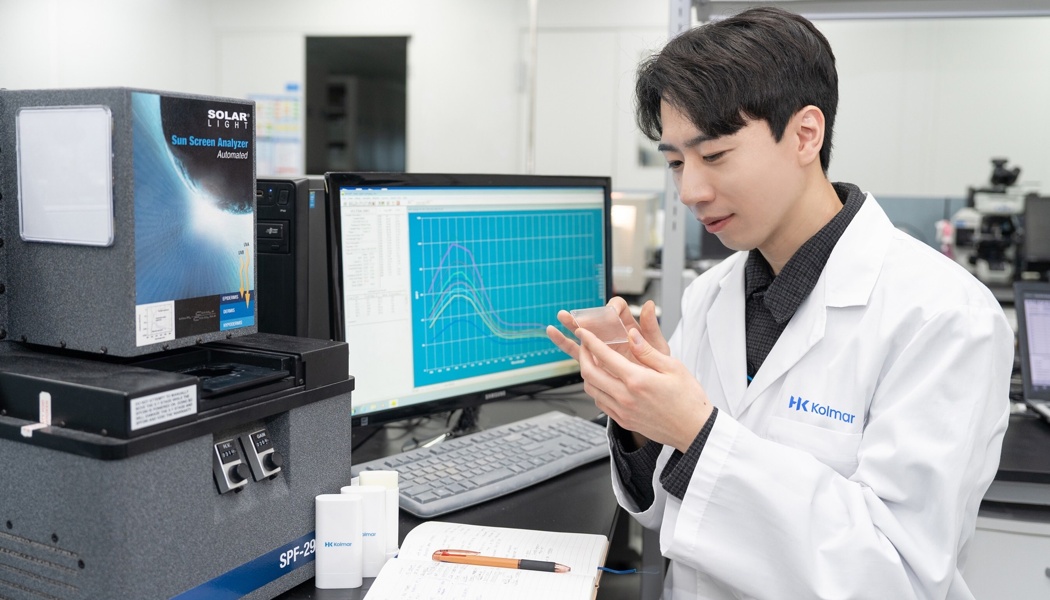
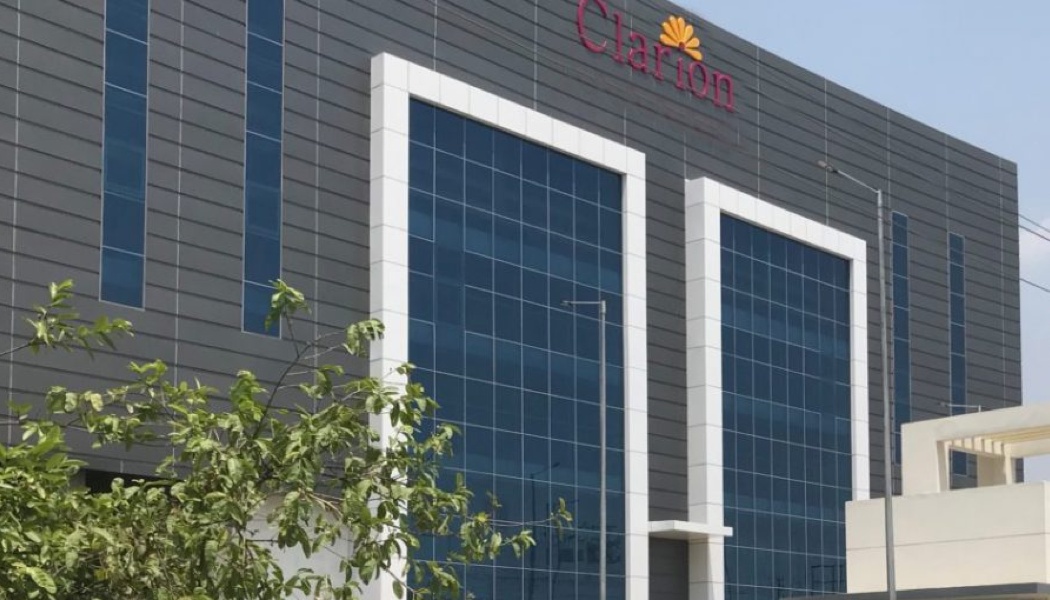
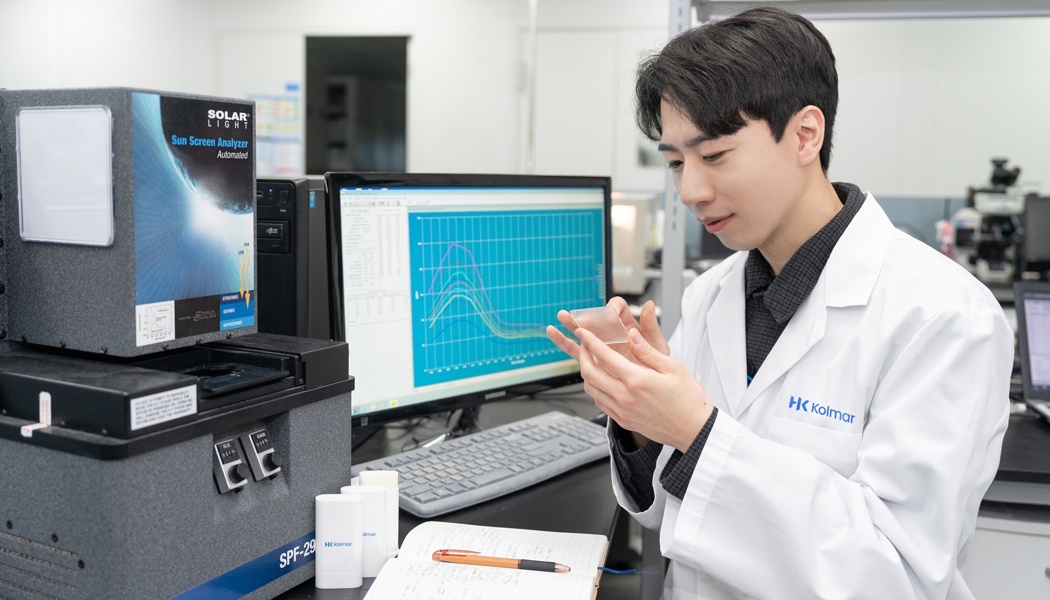
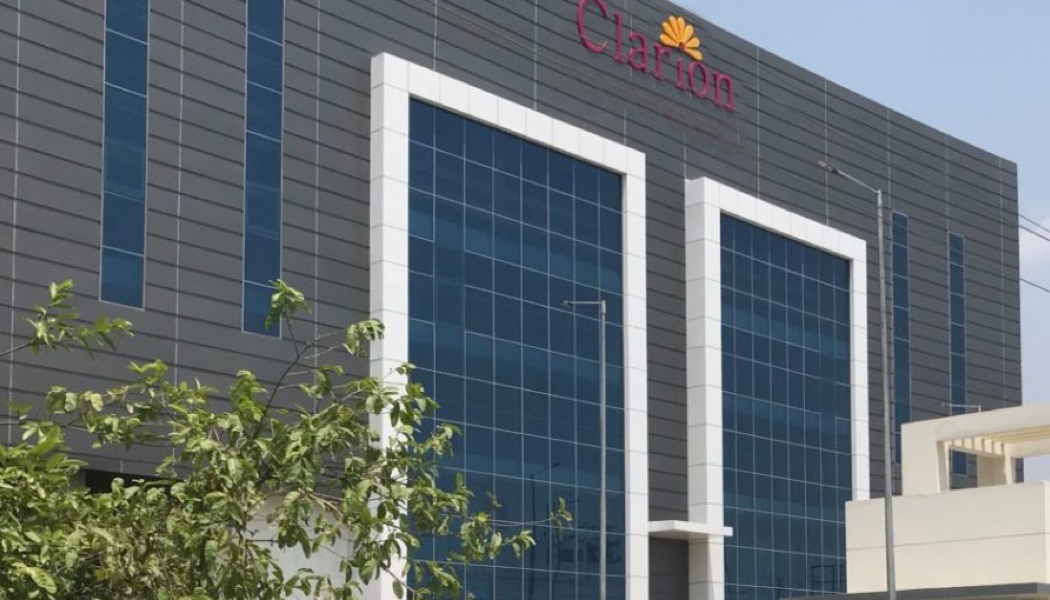









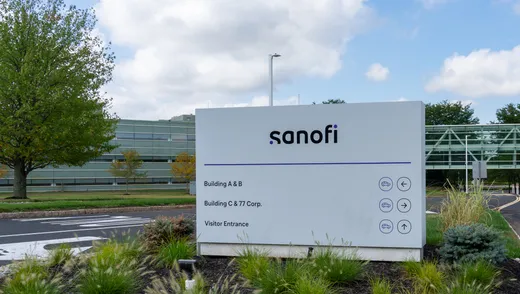

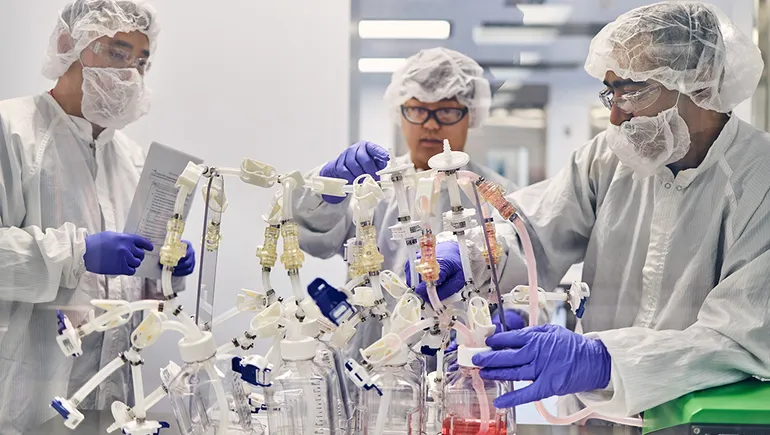

























![The sights of Avalon Air Show 2025: Day Three [PHOTOS]](https://breakingdefense.com/wp-content/uploads/sites/3/2025/03/f-35-avalon-final-day-scaled-e1743079275404.jpg?#)





















